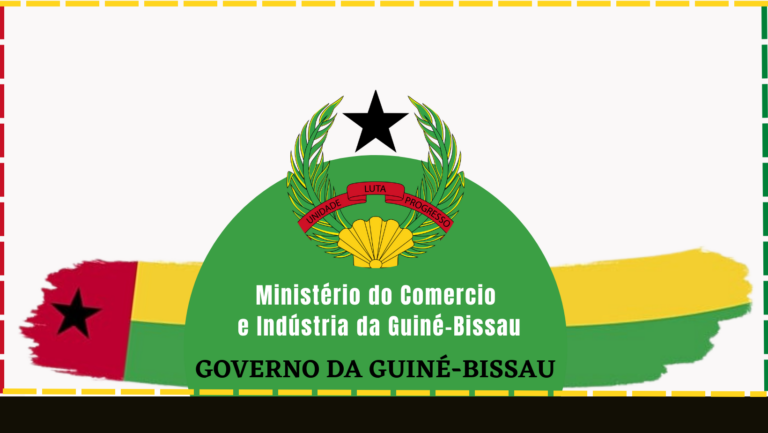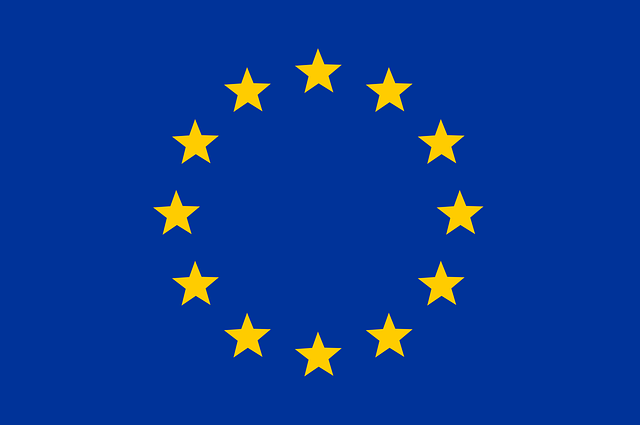Africa is a continent of enormous diversity, home to more than 1.3 billion people and 54 different countries, each with its own unique history, culture and set of challenges. Despite facing significant economic, social and environmental challenges, Africa is also a region of enormous potential, with a young and growing population, abundant natural resources and a rapidly expanding middle class.
In this article, we will briefly outline seven key areas where Africa is poised to make significant progress in the coming years. We’ll look at developments in technology, education, healthcare, infrastructure, trade, governance, and the environment, and examine how these factors are shaping the future of the continent.
While each of these areas presents its own unique set of challenges, there are also reasons for optimism. Africa has made significant progress in recent years, and there are many examples of successful innovation and entrepreneurship across the continent. By adopting a forward-thinking and inclusive approach to development, African countries can build a brighter and more prosperous future for all their citizens.
With this in mind, let us explore the key trends and developments shaping the future of Africa, and consider the opportunities and challenges that lie ahead.
The African Union believes that Africa will face a variety of challenges in 2023, including the continued impact of the COVID-19 pandemic, political instability and economic inequality. However, the African Union remains optimistic about the future of the continent and is promoting regional integration and cooperation to achieve sustainable development, inclusive growth and economic prosperity for all Africans.
Also UN and World Bank, Africa is currently facing significant economic challenges, exacerbated by the COVID-19 pandemic. The pandemic has caused a sharp drop in economic activity, with many businesses forced to close and millions of people losing their jobs. For example, the World Bank estimates that the pandemic pushed between 26 and 39 million Africans into extreme poverty in 2020 alone..
In addition to the immediate impact of the pandemic, Africa also faces longer-term economic challenges, including high debt, low investment levels, and a lack of infrastructure. The World Bank estimates that Africa needs to invest $130-170 billion per year in infrastructure development to meet its development goals.
Despite these challenges, there are also reasons for optimism. Africa has a young and growing population, a wealth of natural resources, and a rapidly expanding middle class. With the right policies and investment, the continent has the potential to become a major economic power in the 21st century.
The UN also notes that the COVID-19 pandemic has further exacerbated these challenges, including those related to sustainable development. These include climate change, land degradation and water scarcity, which are affecting food security and undermining the livelihoods of millions of people.
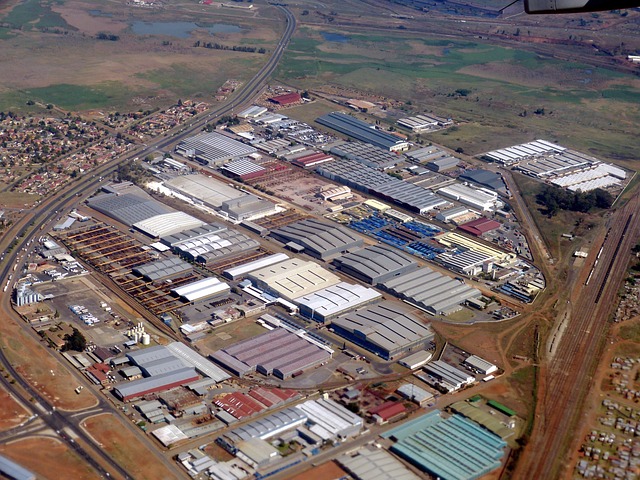
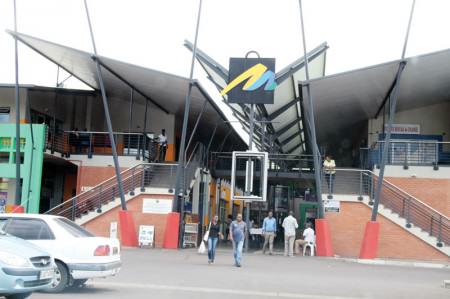
Despite these challenges, the UN remains optimistic about Africa’s future, noting that the continent has made significant progress in recent years in terms of economic growth, poverty reduction, and improvements in health and education. The UN stresses the importance of investing in Africa’s young and growing population, promoting inclusive and sustainable economic growth, and strengthening governance and institutions to address the root causes of instability and conflict.
Economic Growth and Development
Africa is a continent rich in natural resources, with vast reserves of minerals, oil, and gas. The continent has made significant progress in recent years in terms of economic growth and development, with many countries experiencing sustained GDP growth rates of around 5-6% per year. However, Africa still lags behind other regions of the world in terms of per capita income and human development indicators, such as access to healthcare, education, and sanitation.
To achieve sustained economic growth and development, African countries will need to focus on diversifying their economies, improving infrastructure, and promoting regional integration. Diversifying economies will require moving away from dependence on commodities and developing other sectors, such as manufacturing and services. Improving infrastructure, including transport, energy, and communications, will be critical to reducing the costs of doing business and increasing productivity. Promoting regional integration will help to create larger markets and reduce trade barriers, allowing African businesses to better compete on the global stage.
According to the African Development Bank (AfDB), investing in infrastructure in Africa could yield an estimated return of around 4.5% per year, with the potential to boost GDP growth rates by up to 2% per year.
Technological Innovation
Technological innovation has the potential to transform Africa’s economy and society, providing new opportunities for businesses and improving people’s lives. In recent years, there has been a surge in tech startups across the continent, with countries such as Kenya, Nigeria, and South Africa emerging as hubs of innovation.
Mobile technology has been a particular success story in Africa, with the widespread adoption of mobile phones providing new opportunities for mobile banking, e-commerce, and social networking. According to the GSMA, a global mobile operators association, mobile technology contributed around $150 billion to Africa’s economy in 2019, representing around 8% of the continent’s GDP.
To fully realize the potential of technological innovation in Africa, however, there will need to be more investment in research and development, education and training, and digital infrastructure. The AfDB estimates that investing in digital infrastructure in Africa could boost GDP growth rates by up to 2% per year.
Demographic Dividend
Africa is home to a young and rapidly growing population, with over 60% of the continent’s population aged under 25. This demographic dividend has the potential to drive economic growth and development, as a young and productive workforce helps to fuel innovation and entrepreneurship.
However, to fully realize the potential of the demographic dividend, African countries will need to invest in education and skills training, improve access to healthcare, and promote gender equality. According to the World Bank, improving education and skills could increase labor productivity in Africa by up to 40%, while reducing gender gaps in education and employment could boost GDP growth rates by up to 10%.
Political Stability and Governance
Political stability and good governance are essential for sustained economic growth and development. Africa has made significant progress in recent years in terms of democratic governance, with many countries holding regular elections and enshrining human rights and the rule of law in their constitutions.
However, many African countries still face significant challenges in terms of corruption, weak institutions, and political instability. Addressing these challenges will require a focus on improving transparency and accountability, promoting civic engagement, and strengthening institutions.
Infrastructure and Connectivity
Infrastructure deficits remain a major challenge for Africa, with many countries facing inadequate transport, energy, and communications infrastructure. Poor infrastructure can act as a significant barrier to economic growth and development, making it more difficult for businesses to operate, limiting access to markets, and hindering the delivery of essential services such as healthcare and education.
To address these challenges, African countries will need to invest in infrastructure development, including building new roads, railways, and ports, expanding access to electricity, and improving internet connecti vity. According to the World Bank, improving infrastructure in Africa could boost GDP growth rates by up to 2.6% per year.
Infrastructure development will require significant investment, both from governments and the private sector. African countries will need to explore new financing mechanisms, including public-private partnerships and infrastructure bonds, to attract investment and mobilize resources.
Environmental Sustainability
Environmental sustainability is becoming an increasingly important issue for Africa, as the continent grapples with the challenges of climate change, deforestation, and pollution. Africa is particularly vulnerable to the impacts of climate change, with rising temperatures and changing weather patterns threatening agriculture, water resources, and human health.
To address these challenges, African countries will need to adopt more sustainable practices, including investing in renewable energy, promoting conservation and reforestation, and reducing greenhouse gas emissions. According to the United Nations Environment Programme, investing in renewable energy in Africa could generate economic benefits of up to $5.3 trillion by 2050.
Promoting environmental sustainability will require a focus on policy and regulatory reform, as well as public awareness campaigns to raise awareness about the importance of conservation and sustainable development.
Disparities
Despite the progress made in recent years, Africa still faces significant disparities in terms of income, wealth, and access to essential services such as healthcare and education. These disparities are often linked to factors such as gender, ethnicity, and geographic location, with rural areas and marginalized communities particularly vulnerable.
To address these disparities, African countries will need to adopt a more inclusive approach to development, focusing on reducing inequality and promoting social cohesion. This will require targeted policies to address the root causes of inequality, including investing in education and skills training, expanding access to healthcare, and promoting gender equality.
Promoting social inclusion will require a focus on promoting civic engagement and empowering marginalized communities, as well as addressing discriminatory laws and practices that perpetuate inequality.
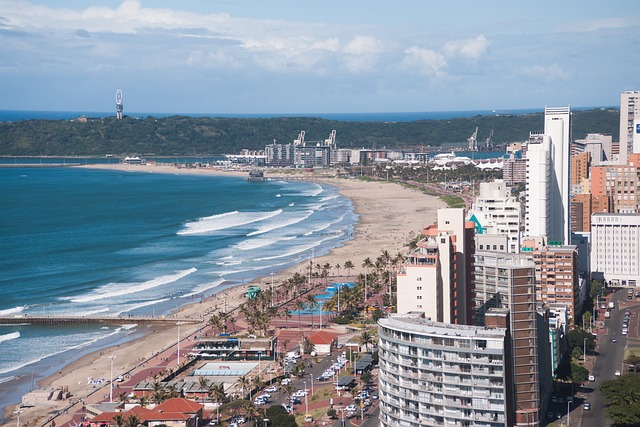

Then, Africa faces a range of complex and interconnected challenges, but also has significant potential for sustained economic growth and development in the years to come. The continent has a young and growing population, abundant natural resources, and a rapidly expanding middle class, which can provide the foundation for a prosperous and sustainable future.
However, realizing this potential will require sustained investment and support, both from African governments and the international community. African countries will need to focus on addressing the root causes of poverty, inequality, and environmental degradation, while also promoting social inclusion and building strong and resilient institutions.
While the challenges are significant, there are also reasons for optimism. Africa has made significant progress in recent years, and there are many examples of successful innovation and entrepreneurship across the continent. By adopting a forward-looking and inclusive approach to development, African countries can build a brighter and more prosperous future for all their citizens.
It is important to be both optimistic and realistic in our assessment of Africa’s future. While the challenges are significant, there is also tremendous potential for growth and development. By working together and adopting a proactive and sustainable approach, we can build a better future for Africa and for the world as a whole.

Team ProdAfrica
team@prodafrica.com
